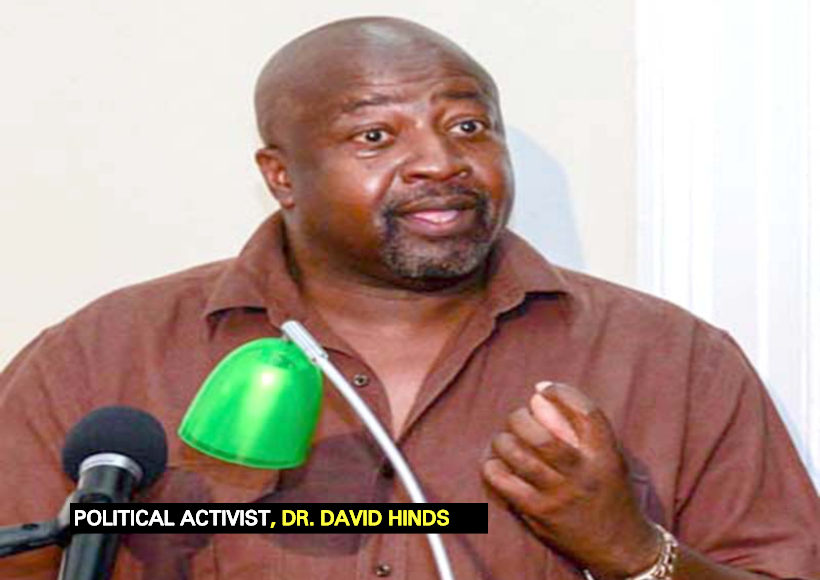As a result of transparency issues surrounding the tabulation of the votes cast in the March 2, General and Regional Elections, the Guyana Elections Commission (GECOM), is unable to declare a winner. But the issues that have plagued the electoral process run deeper that fears of fraud and disrespect for the rule of law. According to Executive Member of the Working People’s Alliance (WPA), Dr. David Hinds , the electoral conflict is rooted in the fear of one party relinquishing power to another that may marginalize it.
The official made this and other comments in his latest contribution to the Latin America Advisor, a daily publication for a network of global leaders.
In providing his take on the current state of affairs in Guyana, the Associate Professor of African Diaspora and Caribbean Studies at Arizona State University was keen to note that the ruling coalition insists that it won the election, but the PPP/C claims that it is the real victor. The PPP has also made claims that the coalition is attempting to rig the elections.
Dr. Hinds said, “(But) it is more than electoral fraud and disrespect for the rule of law, arguments the PPP/C conveniently uses to bolster its case. In the past, both sides have been accused of engaging in electoral fraud, and there is no reason to believe that this was not the case in this election. But that is a mere symptom of a larger problem whereby the two major ethnic groups, Indian and African Guyanese, have refused to accept leadership by the other group.”
The WPA member said that this has been the case since 1955 when the ethnically united nationalist independence movement split along ethnic lines. Dr. Hinds articulated that post-election anxiety and violence have also been commonplace as the losing party has always claimed fraud by the winner. He further noted that the refusal to move away from the winner-takes-all majoritarian political system has compounded the problem as such a system inexorably produces a winner and a loser.
Dr. Hinds is of the view that both groups fear relinquishing power to the other on the grounds that such an outcome would lead to ethnic domination by the winner and marginalization of the other. With the imminence of new oil wealth, he said that the stakes are much higher this time around.
The Associate Professor stressed however that the conflict arising from the March elections will not be solved by the declaration of a winner and the installment of a one-party government. The best outcome he said would be the installation of a government of national unity in which the two sides share executive power. Dr. Hinds contended that such a government should move swiftly to overhaul the country’s electoral laws and governance system to ensure that all ethnic groups and their representatives are guaranteed a place at the table of national decision-making.











